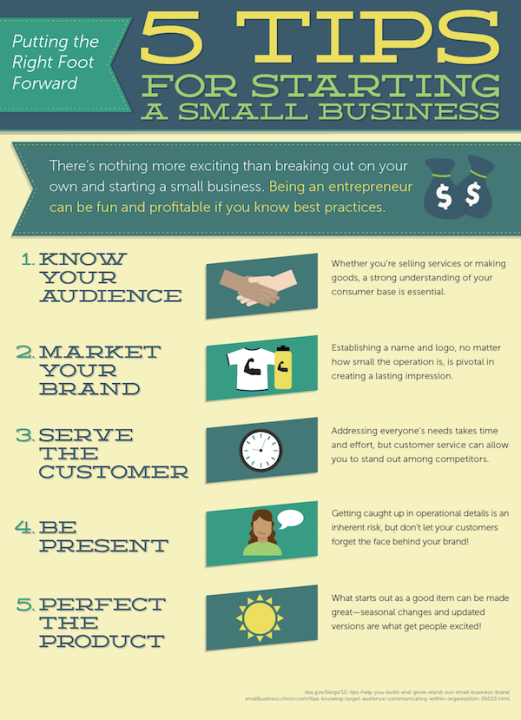
Starting a Small Business Essential Tips for Success
Starting a Small Business: Essential Tips for Success
Understanding Your Market
Before diving into the world of entrepreneurship, it’s crucial to thoroughly understand your target market. Conduct market research to identify your potential customers’ needs, preferences, and pain points. This will help you tailor your products or services to meet their specific demands and differentiate yourself from competitors. By gaining insights into your market, you can position your small business for success from the start.
Crafting a Solid Business Plan
A well-thought-out business plan serves as a roadmap for your small business, outlining your objectives, strategies, and financial projections. Take the time to carefully craft a comprehensive business plan that clearly articulates your vision and goals. Include details such as your target market, competitive analysis, marketing strategy, and projected financials. A solid business plan not only helps you secure funding but also provides guidance as you navigate the challenges of entrepreneurship.
Securing Adequate Funding
Starting a small business often requires a significant financial investment. Whether you’re self-funding or seeking external funding sources, it’s essential to secure adequate capital to cover startup costs and initial operating expenses. Explore funding options such as small business loans, grants, crowdfunding, or angel investors. Be sure to carefully consider the terms and conditions of each funding opportunity and choose the option that best aligns with your business needs and goals.
Building a Strong Brand Identity
In today’s competitive marketplace, building a strong brand identity is essential for small business success. Your brand is more than just a logo – it encompasses your company’s values, mission, and personality. Take the time to develop a cohesive brand identity that resonates with your target audience and sets you apart from competitors. This includes creating a memorable brand name, designing a visually appealing logo, and establishing consistent branding across all marketing channels.
Developing a Marketing Strategy
No matter how great your products or services may be, they won’t sell themselves without effective marketing. Develop a comprehensive marketing strategy to promote your small business and attract customers. This may include digital marketing tactics such as social media marketing, email marketing, search engine optimization (SEO), and content marketing. Additionally, consider traditional marketing methods such as networking events, direct mail, and print advertising to reach your target audience.
Building a Strong Online Presence
In today’s digital age, having a strong online presence is essential for small business success. Create a professional website that showcases your products or services and provides valuable information to potential customers. Optimize your website for search engines to improve visibility and attract organic traffic. Additionally, leverage social media platforms to engage with your audience, share valuable content, and build relationships with customers.
Providing Exceptional Customer Service
Delivering exceptional customer service is key to building a loyal customer base and driving repeat business. Make customer satisfaction a top priority by providing prompt, personalized service and addressing any issues or concerns promptly. Encourage feedback from customers and use it to continuously improve your products, services, and overall customer experience. By going above and beyond to exceed customer expectations, you can turn satisfied customers into brand advocates and fuel business growth.
Managing Your Finances Wisely
Effective financial management is critical for the long-term success of your small business. Keep track of your income and expenses, create a budget, and monitor your cash flow regularly. Consider investing in accounting software or hiring a professional accountant to help you manage your finances more efficiently. Additionally, be mindful of your spending and avoid unnecessary expenses to keep your business profitable and sustainable in the long run.
Staying Flexible and Adaptable
In the dynamic world of entrepreneurship, it’s essential to stay flexible and adaptable to changing market conditions and consumer preferences. Be open to feedback and willing to pivot your business strategy as needed to stay competitive and meet the evolving needs of your target audience. Embrace innovation and be willing to experiment with new ideas and approaches to keep your small business ahead of the curve.
Networking and Building Relationships
Networking is a powerful tool for small business owners, providing opportunities to connect with potential customers, partners, mentors, and industry influencers. Attend networking events, join industry associations, and participate in online communities to expand your network and build valuable relationships. By nurturing these relationships over time, you can tap into new opportunities, gain valuable insights, and grow your small business organically. Read more about tips for opening a small business


